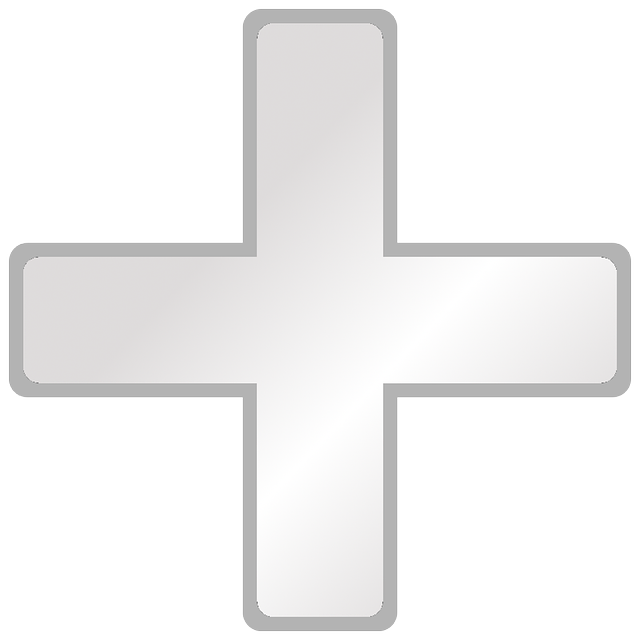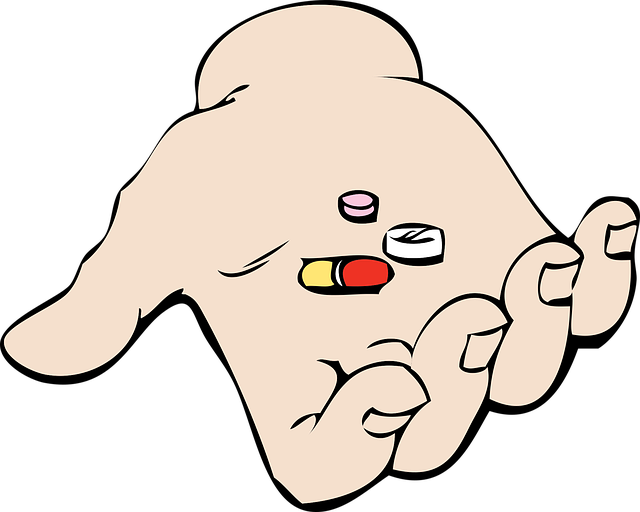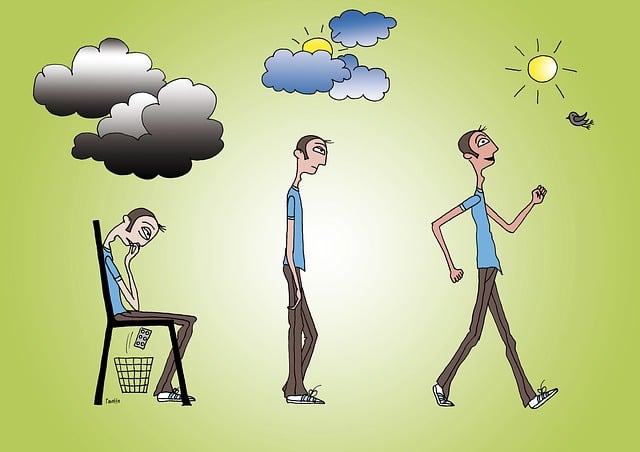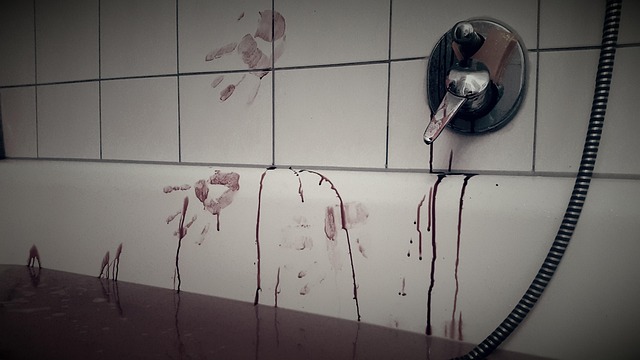Co-occurring disorders, where substance use disorder and another mental health condition coexist, often go undetected due to symptoms masking one another. Specialized mental health treatment centers for co-occurring disorders provide comprehensive care, addressing both conditions simultaneously. These facilities offer tailored services like Recovery Support Services and Trauma-Informed Care, utilizing evidence-based therapies (e.g., CBT) and holistic approaches (mindfulness, structured nutrition, exercise) to target root issues, build resilience, and reduce relapse risks, fostering a safer, more effective healing environment.
Co-occurring disorders, where addiction and mental health conditions like depression or anxiety exist simultaneously, pose a complex challenge. This article delves into the intricate relationship between these disorders and explores comprehensive strategies for effective treatment.
We’ll uncover how specialized mental health treatment centers play a pivotal role in addressing co-occurring disorders, offering tailored care to target both addiction and underlying mental health issues. From therapy types to innovative approaches, this guide provides insights into empowering individuals on their journey to recovery.
- Understanding Co-Occurring Disorders: A Comprehensive Overview
- The Role of Mental Health Treatment Centers in Effective Co-Occurring Disorder Care
- Strategies and Therapies for Addressing Underlying Mental Health Conditions in Addiction Recovery
Understanding Co-Occurring Disorders: A Comprehensive Overview

Co-occurring disorders, also known as dual diagnoses, refer to the simultaneous presence of a substance use disorder and another mental health condition. This complex interplay often goes undiagnosed because symptoms can mask one another, making it challenging for individuals to seek help. Mental health treatment centers specializing in co-occurring disorders offer comprehensive care designed to address both conditions simultaneously.
These facilities provide a range of services tailored to the unique needs of those struggling with dual diagnoses. Recovery Support Services, which include ongoing guidance and encouragement throughout the recovery journey, play a crucial role in helping individuals develop healthy habits in early sobriety. Additionally, many centers adopt Trauma-Informed Care approaches, recognizing that trauma often underlies both mental health disorders and addiction. This holistic perspective ensures that every aspect of treatment is sensitive to past traumatic experiences, fostering a safer and more effective healing environment.
The Role of Mental Health Treatment Centers in Effective Co-Occurring Disorder Care

Mental health treatment centers specializing in co-occurring disorder care play a pivotal role in addressing complex addiction issues rooted in underlying mental health conditions. These facilities offer comprehensive services tailored to the unique needs of individuals struggling with both addiction and co-morbid mental health disorders. By integrating evidence-based therapies, counseling, and support groups, these centers provide a holistic approach to recovery.
Many top-tier mental health treatment centers for co-occurring disorders incorporate crisis intervention training into their programs, equipping staff with the skills to handle acute situations effectively. Additionally, they facilitate access to online recovery support groups, extending care beyond traditional therapy sessions. By combining individualized therapy with group support and evidence-based medications for withdrawal management, these centers foster a robust recovery ecosystem that addresses both addiction and mental health concerns simultaneously.
Strategies and Therapies for Addressing Underlying Mental Health Conditions in Addiction Recovery

Addressing underlying mental health conditions is a cornerstone of effective addiction recovery. Mental health treatment centers specializing in co-occurring disorders employ a range of evidence-based strategies and therapies to target these root issues. One commonly used approach is Cognitive-Behavioral Therapy (CBT), which helps individuals identify and reframing negative thoughts and behaviors contributing to both addiction and mental health symptoms.
Complementary therapies like mindfulness techniques for stress relief are also integral to many holistic wellness programs. By prioritizing nutrition, exercise, and stress management through structured co-occurring disorder treatment plans, centers empower patients to cultivate resilience, improve overall well-being, and reduce the likelihood of relapse.
Co-occurring disorder treatment, focusing on addressing underlying mental health conditions, is a comprehensive approach that mental health treatment centers specialize in providing. By integrating strategies and therapies tailored to each individual’s unique needs, these centers offer hope and effective care for those struggling with addiction. Recognizing the intricate relationship between addiction and mental health is key to fostering successful recovery journeys, ultimately empowering individuals to lead fulfilling lives free from the grip of co-occurring disorders. Mental health treatment centers for co-occurring disorders play a pivotal role in this transformative process.






